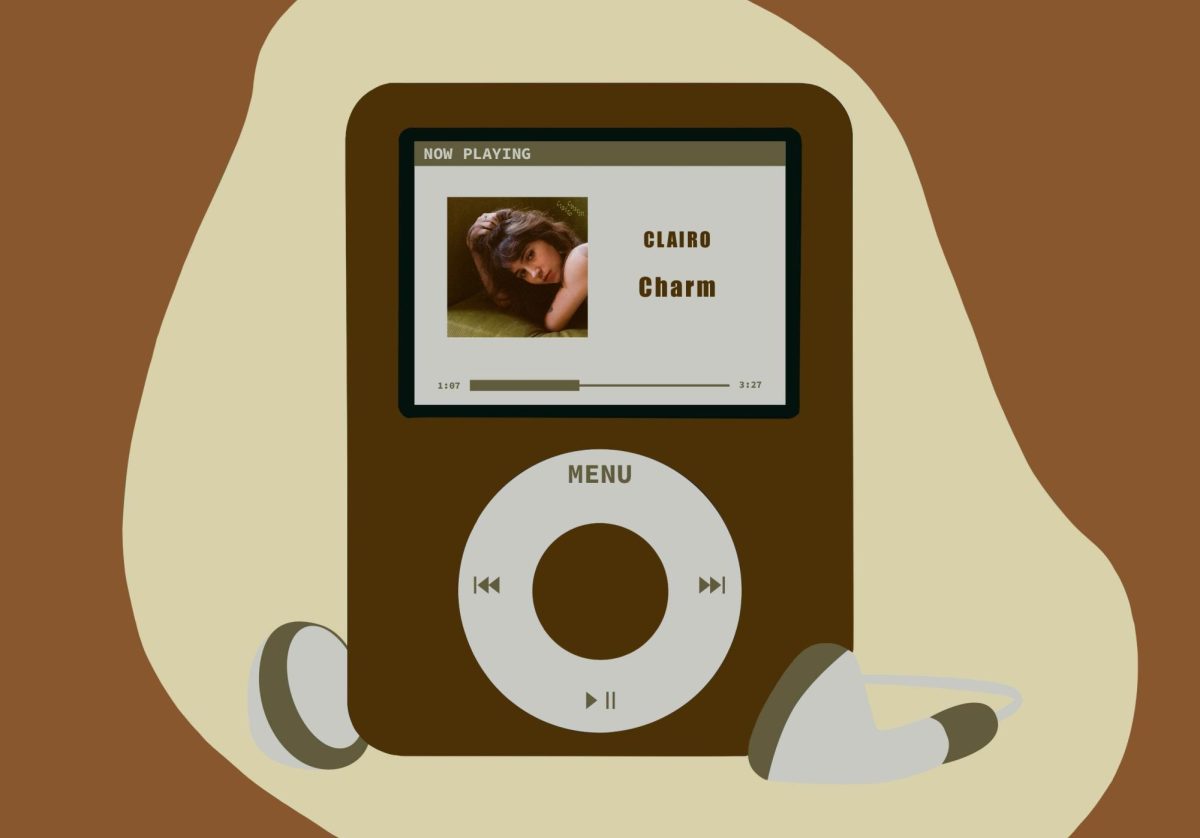Of all the popular heroes in British history – Boudicca, Wat Tyler, Gerard Winstanley – King Arthur seems like the least obvious choice for constant reinterpretation.
But that’s never stopped anyone. The Arthur myth draws storytellers like flies to spilt mead. Everyone from Disney to Monty Python has reinterpreted the doomed hero of legend. Whether pompous or humble, chivalrous or sensuous, King Arthur has proven enormously malleable in the hands of moviemakers.
In this year’s “King Arthur,” director Antoine Fuqua imagines Arthur as a cloyingly honorable Roman cavalry officer in charge of a band of mercenary knights from the western steppes of what is now Russia.
In a plot familiar to the detective thriller genre where Fuqua made his mark in “Training Day,” Arthur (Clive Owen) and his knights must complete one final task before they can retire. Needless to say, the task is suicidal, and only their inflated sense of honor can convince them to undertake it.
The grumbling band must travel past Hadrian’s Wall into the wilds of Scotland to rescue an important Roman family from the invading Saxons. They are coerced into doing so by an evil bishop (Ivano Marescotti) who holds their safe passage back to the steppe over them.
While Fuqua plays fast and loose with the actual history of the dissolution of Roman rule in Britain, his characterization of the Christianized Romans as far more brutal than the supposedly “savage” tribes they oppress is refreshing. Especially gruesome is the villa of the Roman family, where rebellious Picts are stuffed into a dungeon and guarded by creepy priests. This seems about as historically accurate as the scene in Mel Gibson’s “The Patriot” where the British burn down a church full of colonists.
Arthur himself is a Christian, but a follower of a dissident sect whose values sound suspiciously as though they were cribbed from the Declaration of Independence. We never really hear how he reconciles being named king with his stated goals of individual freedom and self-determination.
Those nuances of ideology are completely lost on the invading Saxons. As their chieftain, Stellan Skarsgard pretty much walks away with the movie, giving a scenery-chewing performance worthy of Al Pacino or the late Marlon Brando.
The Saxons, whom Arthur, his knights and the now-friendly Picts roundly defeat, are definitely the coolest part of the movie. They have the best armor, the best weapons, the best lines and the best deaths. No wonder they eventually beat the Picts and imposed their Germanic language on all of Britain and most of the rest of the world.
It is one of the paradoxes of film that, although the medium has the power to bring to view the most minute details of atoms and the biggest views of planets and galaxies, it tends to mystify more often that it clarifies.
Perhaps we are really not so far removed from the ancient, smoky hearths, where stories like that of King Arthur changed and grew more wonderful and more mythical with every telling.
















